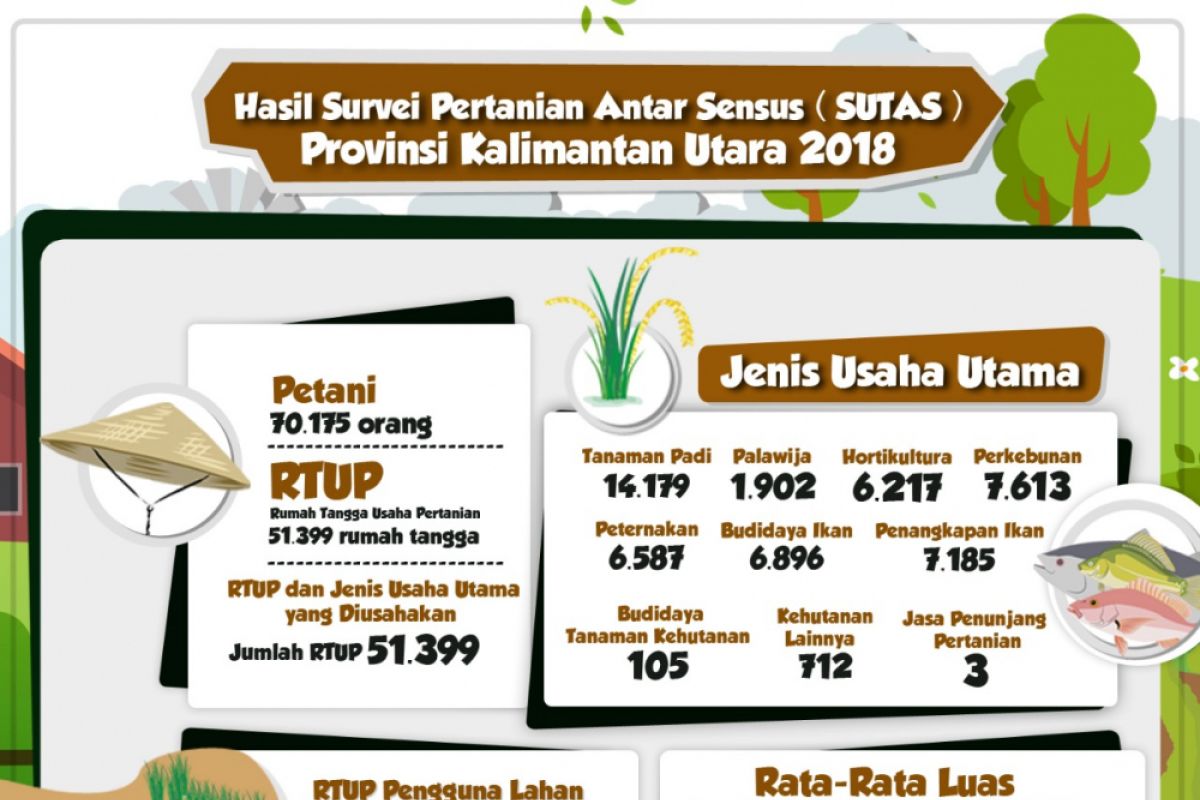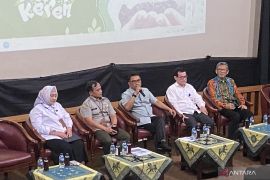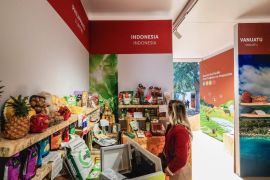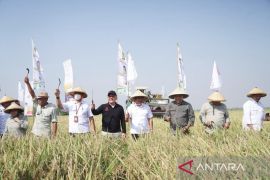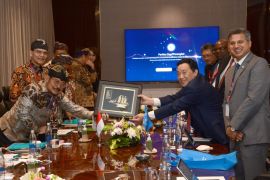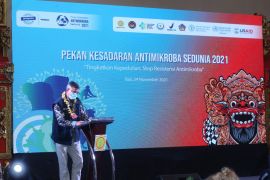Partnering with the private sector allows us to innovate, and is a game-changer in how governments produce official statistics,Jakarta (ANTARA) - The Food and Agriculture Organization (FAO) has announced new partnerships to help countries adopt cost effective technologies to produce agriculture statistics, as the Asia Pacific Commission on Agricultural Statistics meeting discusses challenges in developing them. In a statement from the FAO received here, Tuesday, the organization and the Asian Development Bank (ADB) launched a large-scale open online course in 2019. Handbooks, on use of tablet-based data collection using Computer Assisted Personal Interviews, are also due to be launched during the Asia Pacific Commission on Agricultural Statistics (APCAS) meeting, which was opened in Bali, Indonesia on February 10.
The new data source is part of Big Data, which is often led by the private sector, as hundreds of thousands and millions of paper questionnaires can now be replaced with less than a few thousand tablet computers in the largest countries, saving time, money, transportation, and trees, FAO’s Regional Statistician and Secretary of the Commission Sangita Dubey said.
“Partnering with the private sector allows us to innovate, and is a game-changer in how governments produce official statistics,” she said.
The FAO also announced a partnership with the ADB and the Asian Institute of Technology (AIT) to help countries use satellite data to generate agriculture statistics. The three bodies will host a three-data expert meeting on the subject following the APCAS meeting, joined by various regional experts and private sector firms.
“We will discuss this during APCAS, and in more detail in the three-day expert group meeting that follows,” Dubey added.
Several private firms are scheduled to join the expert group meeting, which aims to explore how all stakeholders can work better together to enable official statistics in order to exploit the new non-traditional, powerful and real-time data sources.
The APCAS session in Bali will also review other new approaches to developing an integrated system of Agricultural Census and Surveys, enhance data quality assurance, produce and share privacy-protected microdata, and provide crop, livestock and fisheries statistics in a cost-effective manner.
Related news: Fishery Ministry, FAO to develop low-cost Pangasius culture
Related news: Indonesia boosts its arsenal in battle against fall armyworm
Reporter: Aria Cindyara
Editor: Rahmad Nasution
Copyright © ANTARA 2020
